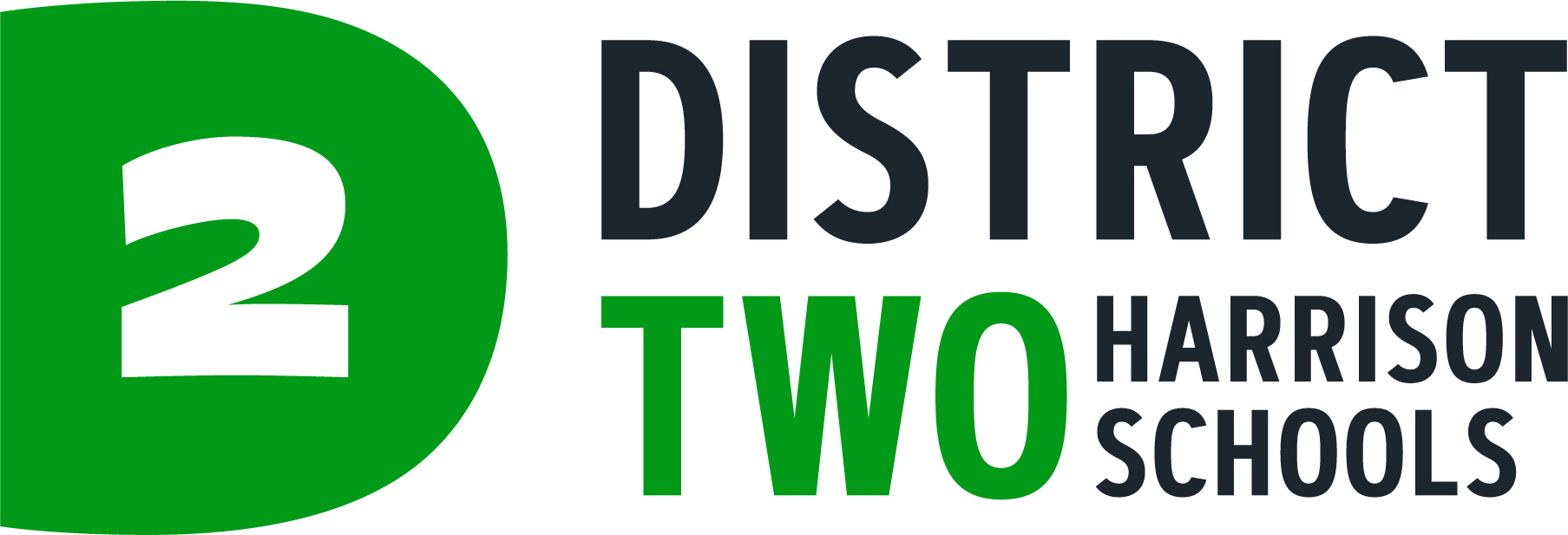Harrison School District Takes On Restorative Justice In Earnest -09/25/19
COLORADO SPRINGS – A new school year is in full swing at Harrison School District Two where 13 of their schools have committed to restorative justice practices to create cultures of mutual respect and where students take full responsibility for their actions and behaviors. More important even than the expected reduction in suspension and expulsion rates, district and school leaders anticipate students will gain life-enhancing social-emotional skills and contribute to a safer, healthier school environment and community.
Rather than removing youth from school for minor to moderate violations, potentially giving students idle time that can lead to getting behind in schoolwork or in some cases juvenile crime, restorative justice keeps them in school, holds them accountable for behaviors and requires that they face the people they’ve harmed in a dialog circle called a restorative justice conference. Offending students must listen to how their behaviors have affected others, agree to meaningful, relevant consequences, and complete an agreement to repair the harm within 30-60 days. More often than not, offending students do not re-offend.
Nineteen high school student leaders at Harrison High School were trained this week and will take a lead role in facilitating the RJ Conference model that is used when a fellow student is sent to the office for a behavior issue. Student leaders learned in the training that Restorative Justice is about restoring respect, restoring relationships and restoring balance in the school so the learning environment can do what it was intended to do…inspire our youth to stay in school to gain a powerful education that will open doors to college, the military, and the workforce.
In eight of the district’s elementary schools, a second model of restorative practices is blooming. It is called Classroom Connection Circles. Younger students sit in circles for 30 minutes or so and discuss behaviors or social-emotional topics like respect, kindness, or being an influential leader and positive role model. This foundation of restorative practices language in the earlier grades will set them up for greater success in middle and high school less likelihood that they will exhibit behaviors that result in suspension.
Thanks to Colorado’s unprecedented Transforming Safety initiative that originated from Colorado House Bill 17-1326 “Justice Reinvestment Crime Prevention Initiative” (spearheaded by Senator Pete Lee and Christie Donner of Colorado Criminal Justice Reform Coalition), approximately $6 million was allocated to two communities, SE Colorado Springs and North Aurora, both considered high crime, high poverty communities. The funds are intended to support local organizations that are already working to keep these communities safer. Youth Transformation Center (YTC) is among the list of 23 recognized grantees who are now into their second year of funding. These funds along with funding support from the Harrison School District have allowed YTC to expand their efforts to the 13 schools and deepen the impact of restorative justice practices in the schools they have been working with to build capacity. The objective is to transfer the skills of YTC’s expert practitioners to school staff and teachers so the schools will be self-sufficient and RJP will be sustainable long-term. According to Jeannette Holtham, founding president of Youth Transformation Center, “YTC has been planting restorative justice seeds in the Pikes Peak Region for 15 years, but to see a school district that sees the vision and is willing to broaden the scope in a district-wide approach, is the most rewarding chapter in our organization’s journey.”
--
For more information, please contact Jeannette Holtham at the number listed above.
